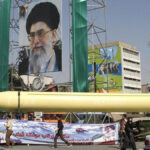
Common Sense Prevails? New York’s High Court Blocks Noncitizen Voting
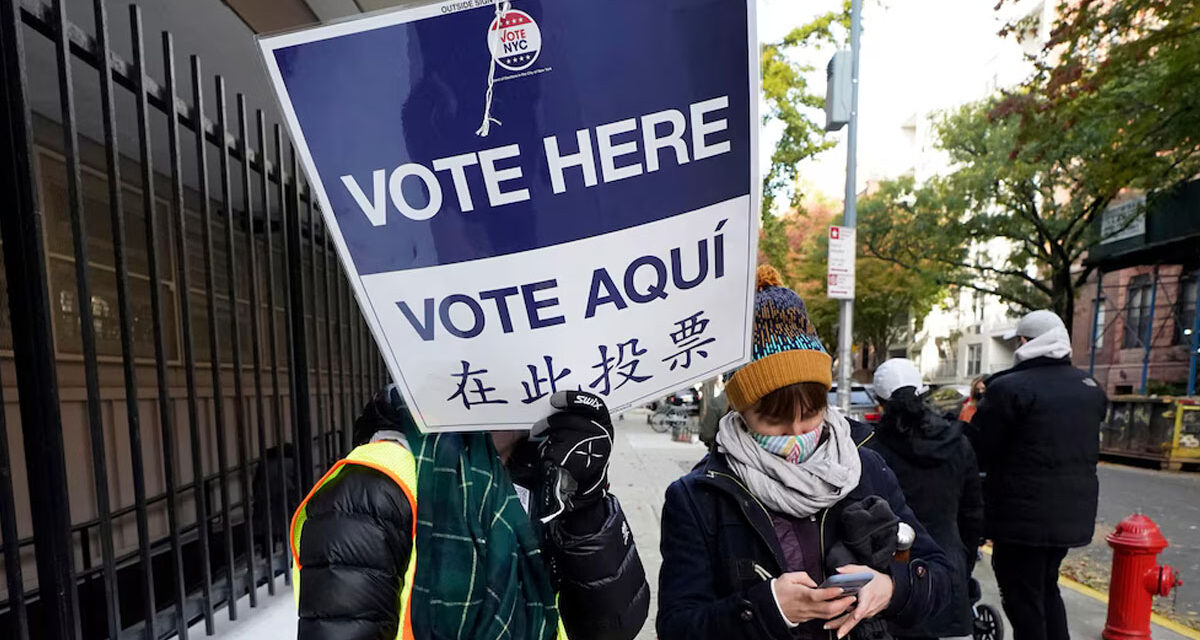
In a major decision that reaffirmed the basic rules of democracy, New York State’s highest court has struck down a New York City law that would have allowed noncitizens to vote in local elections. The ruling, issued by the New York Court of Appeals on March 20, 2025, came down in a 6–1 decision that clearly stated what should have been obvious all along: only U.S. citizens can vote in elections in New York State.
What the Law Tried to Do
The law, known as Local Law 11, was passed by New York City’s Democrat-controlled city council in the final weeks of former Mayor Bill de Blasio’s term. It allowed certain noncitizens, specifically, legal permanent residents and people authorized to work in the United States, to vote in city elections if they had lived in New York City for at least 30 days. That meant more than 800,000 noncitizen residents would have been able to vote for local offices, including mayor and city council.
Supporters of the law argued that it was a way to give a voice to people who contribute to the city every day. Adrienne Adams, the current City Council Speaker, said the law was intended to “strengthen our city’s democratic process and increase civic engagement by enfranchising the hundreds of thousands of New Yorkers who pay taxes and contribute to our communities but are unable to make their voices heard in local elections.”
But despite the good intentions, the law ran into a serious problem: the New York State Constitution.
The Legal Challenge
Almost as soon as the law took effect in early 2022, Republican lawmakers filed a lawsuit to block it. They argued that the law clearly violated Article II of the state constitution, which says: “Every citizen shall be entitled to vote at every election for all officers elected by the people.” According to the challengers, this sentence makes it obvious that only citizens have the right to vote in New York State.
Chief Judge Rowan Wilson, writing for the majority, fully agreed with that interpretation. He explained that the word “citizen” in the state constitution is not just a starting point or a suggestion—it’s a requirement. In his words, “It is plain from the language and restrictions contained in Article II that ‘citizen’ is not meant as a floor, but as a condition of voter eligibility: the franchise extends only to citizens whose right to vote is established by proper proofs.”
Judge Wilson even warned what could happen if the city’s argument were accepted: “Under that interpretation, municipalities are free to enact legislation that would enable anyone to vote—including, as counsel for appellants stated during oral argument, thirteen-year-old children.” In other words, if cities can decide who gets to vote without limits, there’s no telling how far that power could go.
The Lone Dissent
Not everyone on the court agreed. Judge Jenny Rivera was the only judge to vote against striking down the law. In her dissent, she argued that the constitution gives local governments the flexibility to expand voting rights for their own elections. She pointed out that the constitution excludes “persons” convicted of certain crimes from voting, which, she said, could mean that noncitizens are included in the broader category of voters under certain circumstances.
Rivera also said that by blocking the law, the court was “diminishing the power of localities statewide.” She believed that local governments should have the authority to decide how their elections are run.
Still, the majority didn’t buy that argument. They saw the constitution’s wording as firm and final—citizens vote, and that’s that.
With this ruling, noncitizens are officially barred from voting in New York City elections. Though Local Law 11 briefly went into effect in 2022, it was never implemented because of ongoing legal battles. Now, after being rejected in lower courts and ultimately struck down by the state’s highest court, the law is dead.
Republican leaders, who brought the lawsuit, celebrated the decision. “As the court had held from the very beginning, the law is clear that voting is a sacred right that is for United States citizens,” said Assemblymember Michael Tannousis, a Republican from Staten Island who was one of the plaintiffs. He added, “As the son of immigrants that came to New York for the American dream and worked hard to become naturalized citizens, I am content with today’s ruling.”
U.S. Rep. Nicole Malliotakis echoed that view. “There is nothing more important than preserving the integrity of our election system, and in today’s age, the government should be working to create more trust in our elections, not less,” she said. “The right to vote is a sacred right given only to United States citizens.”
Opponents Say the Ruling Excludes Important Voices
Supporters of the noncitizen voting law were deeply disappointed. Murad Awawdeh, president of the New York Immigration Coalition, called the ruling “a devastating setback for voting rights.” He said it “disenfranchises the communities that help keep New York running” and accused the court of undermining “the very principles of inclusion that make our democracy strong.”
While their frustration is understandable, the problem with their argument is simple: voting isn’t just about living in a place or paying taxes. It’s about full membership in a political community. That’s what citizenship represents. Giving that power to people who haven’t taken that step may seem kind or fair—but it risks weakening the very meaning of the vote.
The court’s decision sends a message far beyond New York City. It says that no matter how progressive a city might be, it cannot simply rewrite the rules of democracy to suit its goals. The constitution sets boundaries for a reason. If every city were allowed to decide who could vote based on local feelings, we’d have a patchwork system where the rules change from one block to the next. That’s not how democracy works—and that’s certainly not how you build trust in elections.
As Joe Borelli, a former Republican city council member and one of the plaintiffs, put it: “We file some lawsuits that are stretches. This one was, from the beginning, an open-shut case.”
New York City’s effort to let noncitizens vote may have been driven by a desire to include more people in the democratic process, but the state constitution doesn’t allow it. And frankly, it shouldn’t. Voting is one of the most important rights a person can have, and it should be reserved for those who have made the full commitment to this country by becoming citizens.
Changing that rule isn’t just unconstitutional. It’s unwise. And in the long run, doing anything else would be, quite simply, stupid.


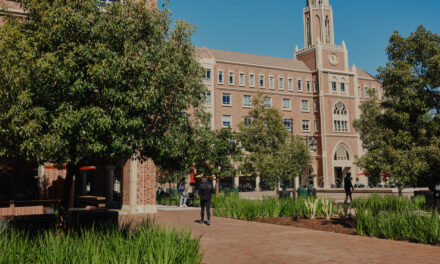
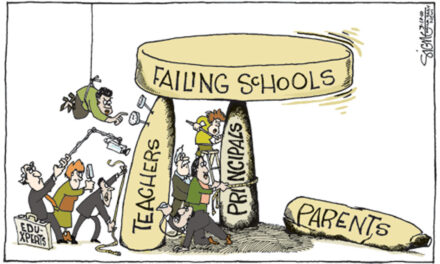


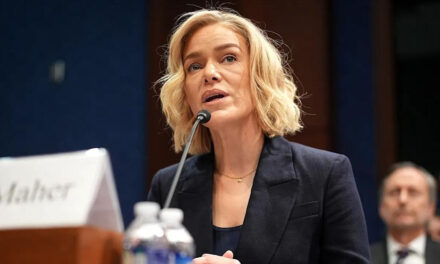
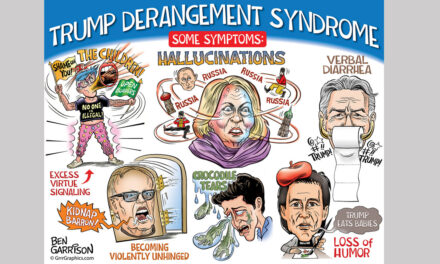


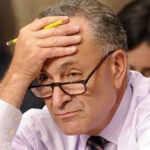
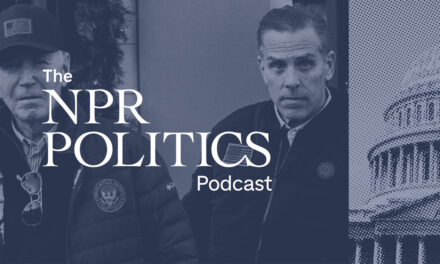

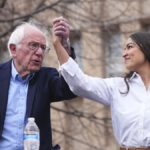

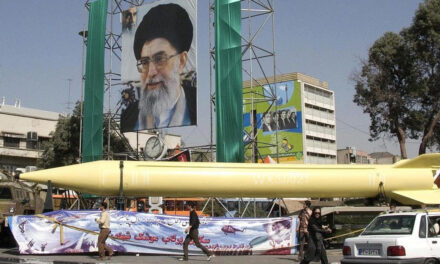


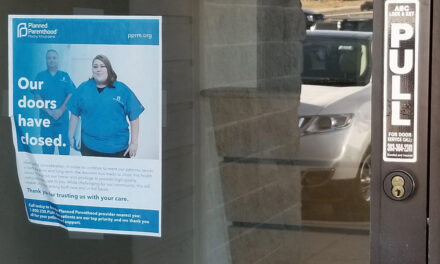
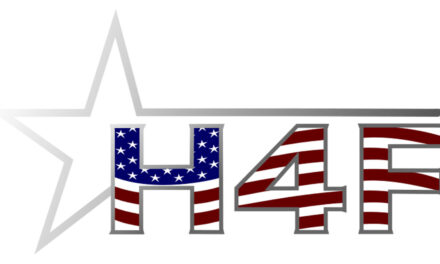



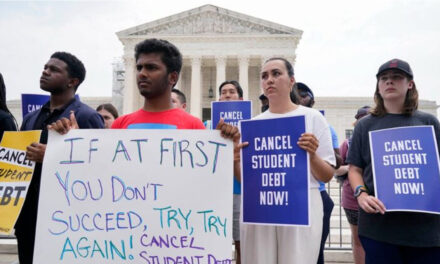
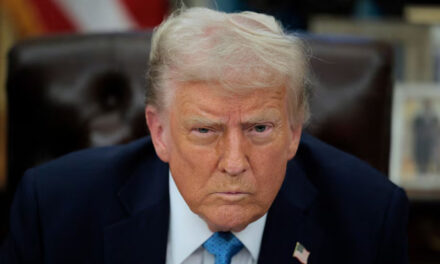
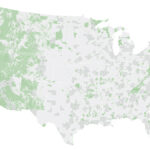
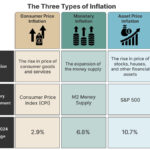


Good to see Larry is back. His opinion about his nemesis as a group apparently has not abated by surgical…
Larry, Good to hear from you after your absence, unfortunately 2 weeks of bed rest didn't do anything for your…
Well, what can I say: NPR brought a knife to a gun fight. If they didn't know what the dumb…
E Motta from Montana. Been to the train station yet? You gotta prove it before you sue it. I have…
SORRY , DERANGED TRUMPIST RETARDS,, YOU HAVE NOT CHANGED MY MIND!! MY SELF PROTECTION GENES ARE ALIVE, WELL AND PROPERLY…